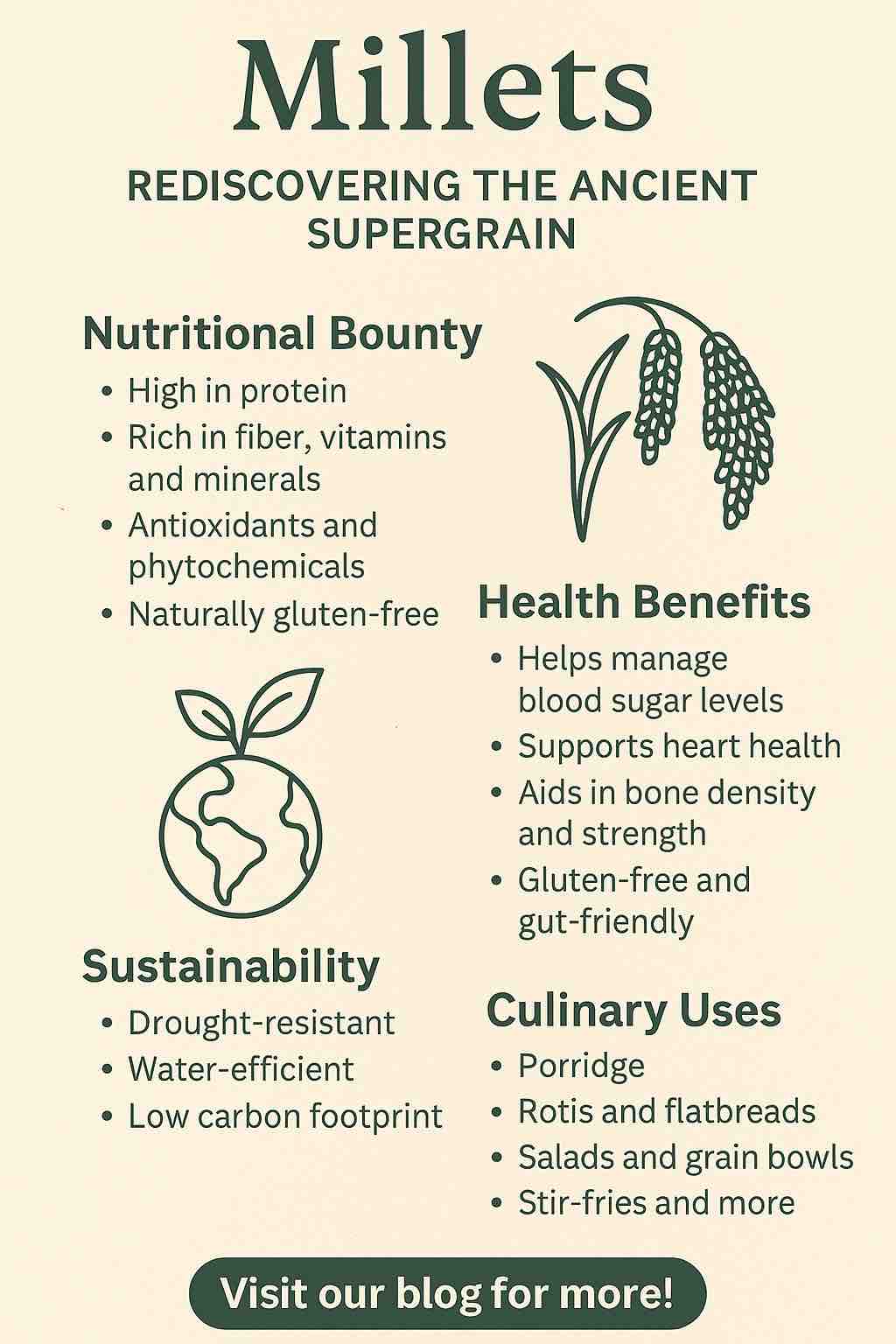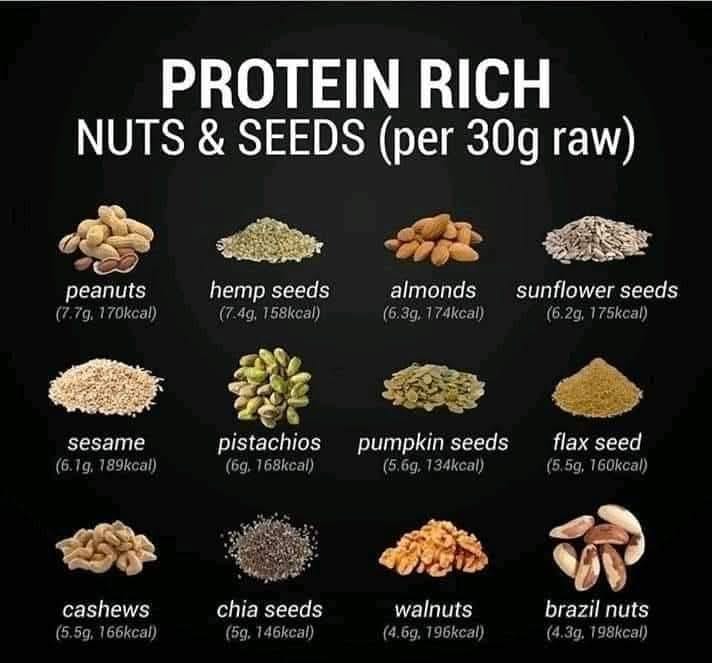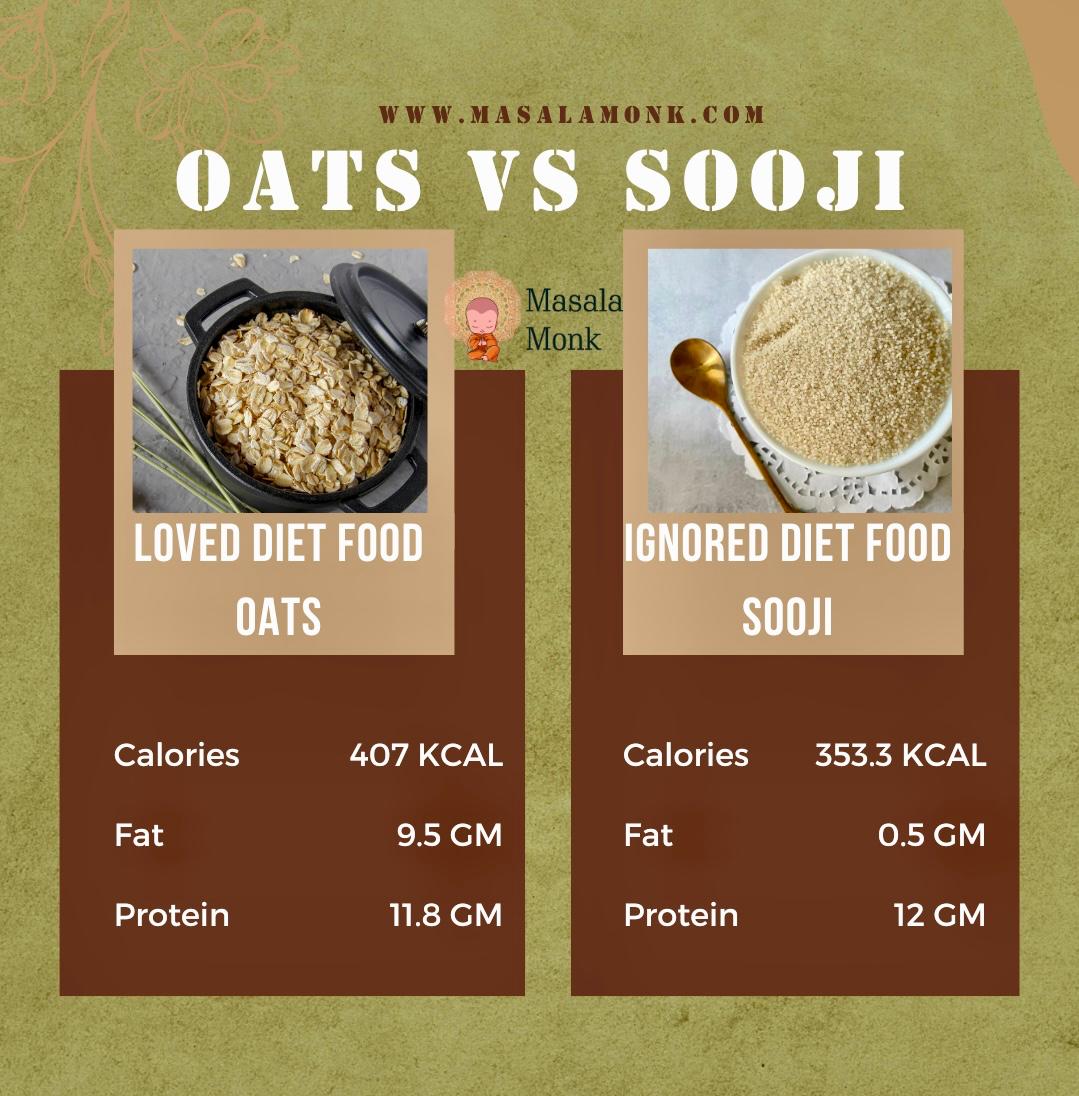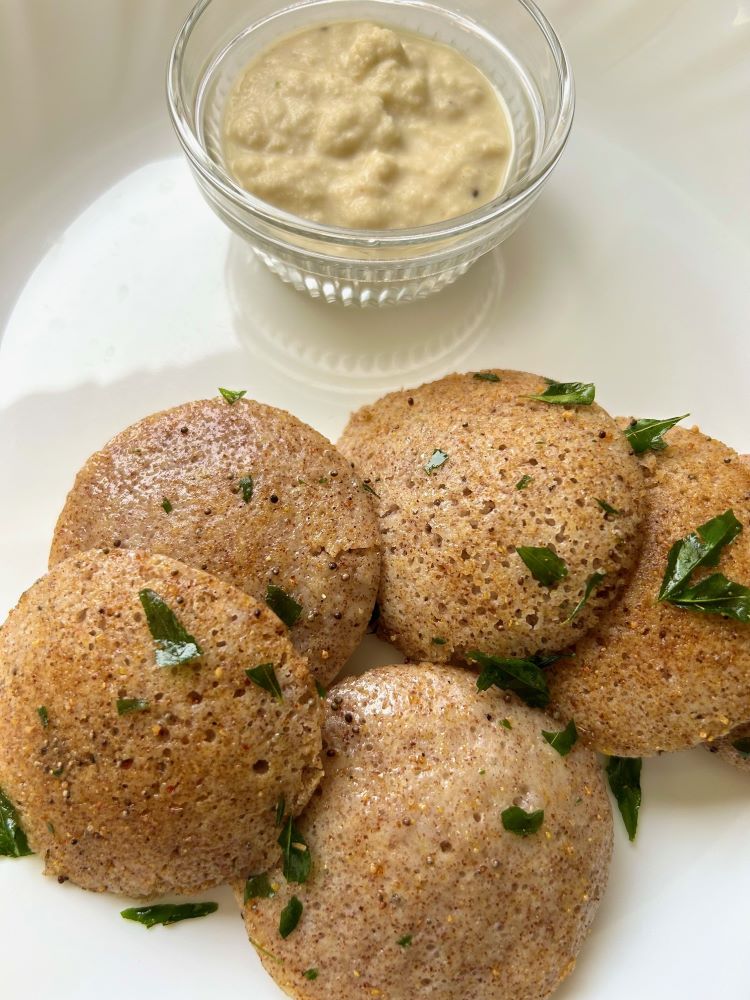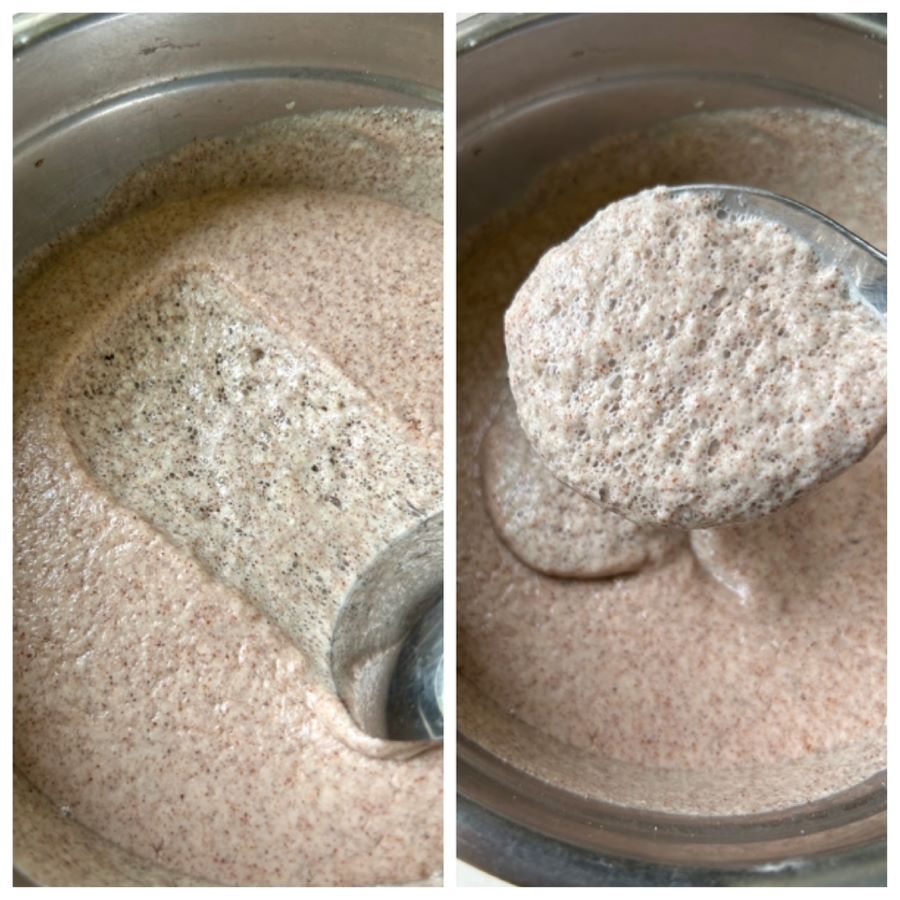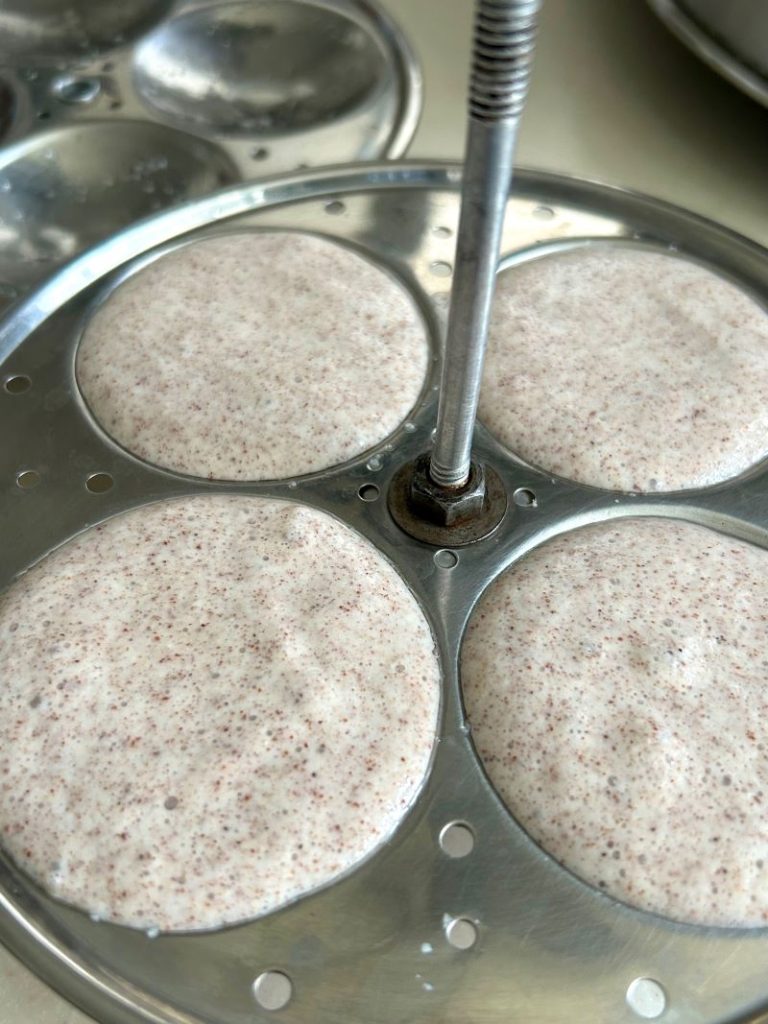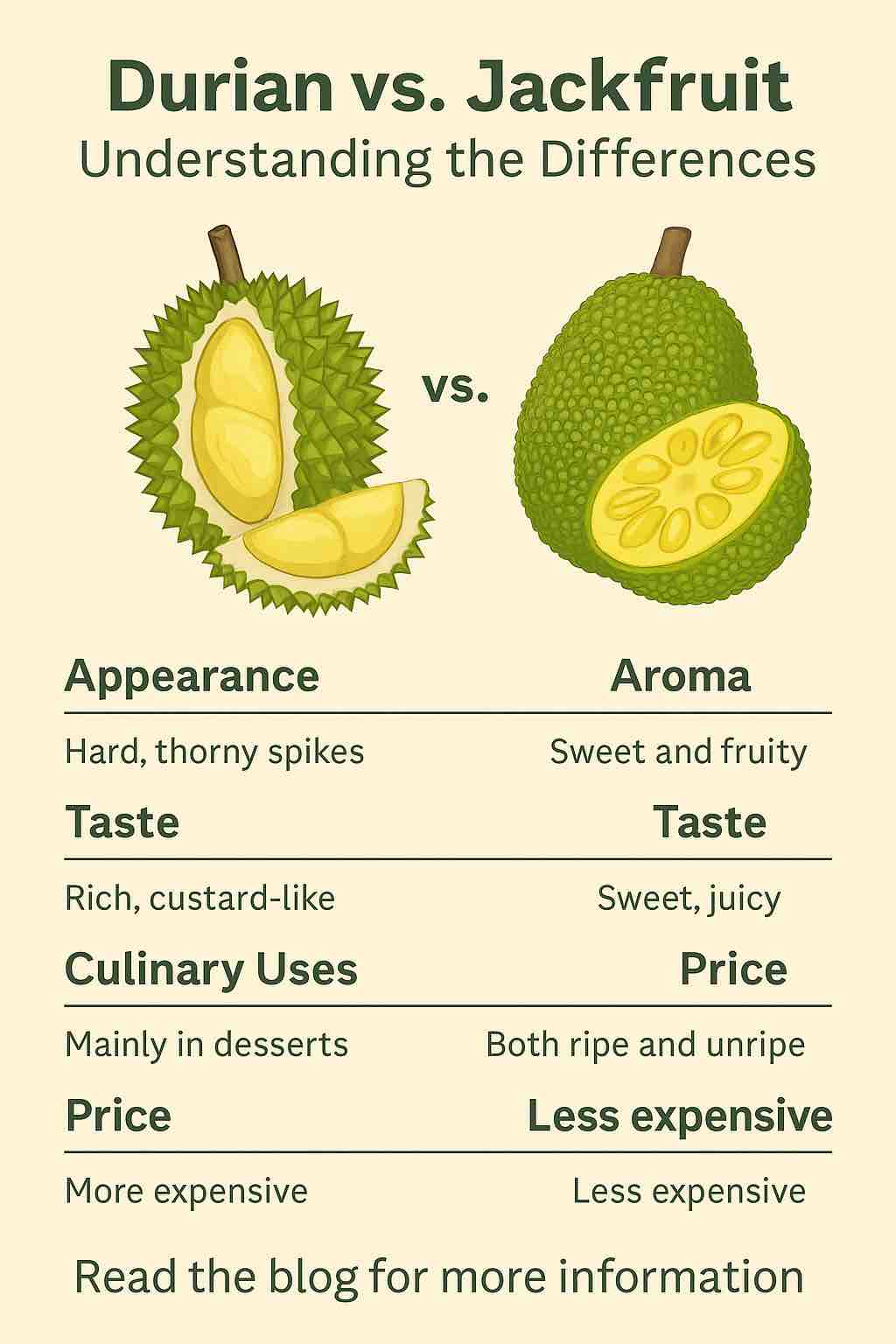
When wandering through tropical markets in Southeast Asia, two spiky, enormous fruits often catch the eye—and sometimes the nose. These are durian and jackfruit, both exotic, both intriguing, and often confused for one another by newcomers. However, beyond their rough exterior, durian and jackfruit are worlds apart in taste, texture, aroma, botanical classification, and cultural significance.
In this blog post, we’ll take a deep dive into the key differences (and surprising similarities) between these two tropical giants, equipping you with the knowledge to distinguish and appreciate them on your next culinary or travel adventure.
1. Botanical Background
Durian (Durio spp.)
- Family: Malvaceae (previously Bombacaceae)
- Origin: Southeast Asia (particularly Malaysia, Indonesia, and Thailand)
- Species Count: Over 30 recognized species, with Durio zibethinus being the most commonly consumed.
- Tree Characteristics: Large evergreen trees that can grow over 25 meters tall.
Jackfruit (Artocarpus heterophyllus)
- Family: Moraceae (same family as figs and mulberries)
- Origin: South and Southeast Asia (likely the Western Ghats of India)
- Tree Characteristics: Medium-sized trees, usually 10–15 meters tall.
- Related to: Breadfruit and fig trees.
2. Appearance and Size
At a glance, both fruits are large and covered in spiny greenish skin, but their forms and interior tell a different story.
| Feature | Durian | Jackfruit |
|---|---|---|
| Size | 1–3 kg (though some can be larger) | 10–25 kg on average, up to 50 kg |
| Exterior | Hard, thorny spikes; can cause injury | Knobby, bumpy, but not as sharp |
| Color | Green to brown skin, yellowish flesh | Greenish skin, bright yellow pods |
| Seeds | Large, oval seeds in each pod | Also large seeds, boiled or roasted |
Durian has more angular, sharp spikes that protrude aggressively, making it harder to handle without gloves or thick skin. Jackfruit, although textured and tough, is relatively safer to handle barehanded.
3. Aroma and Taste
This is where the most dramatic differences lie—and where durian earns both infamy and devotion.
Durian: The “King of Fruits”
- Aroma: Pungent, often described as a mix of overripe cheese, garlic, onions, and sweet custard. Banned in many hotels and public transport due to its strong smell.
- Taste: Rich, custard-like texture with a combination of sweet, savory, and umami notes. Tastes range from almond-vanilla to caramelized onion depending on ripeness and variety.
Jackfruit: The Gentle Giant
- Aroma: Sweet and fruity, similar to a mix of banana, pineapple, and mango.
- Taste: Sweet, juicy, and fibrous. Ripe jackfruit tastes like a cross between banana and melon; unripe jackfruit has a neutral flavor and is used as a meat substitute in vegan dishes.
In short: Durian assaults your senses, while jackfruit entices them.
4. Culinary Uses
Durian
Durian is usually eaten raw, straight from the husk. However, it is also used in:
- Desserts: Ice cream, cakes, pastries, pancakes (e.g., durian crepe)
- Savory dishes: Especially in Malaysia and Indonesia (e.g., tempoyak – fermented durian)
- Drinks: Smoothies, shakes, or as part of coconut milk beverages
Due to its polarizing flavor and strong aroma, it’s mostly consumed by enthusiasts or in small amounts in dishes.
Jackfruit
Jackfruit is incredibly versatile:
- Ripe jackfruit: Eaten raw, or used in desserts, candies, and juices.
- Unripe jackfruit: Used in savory cooking, especially in vegetarian or vegan cuisine as a meat substitute. Examples include:
- Jackfruit tacos
- Jackfruit curry (popular in Indian, Sri Lankan, and Filipino cuisine)
- Pulled jackfruit sandwiches
Additionally, the seeds of both fruits can be roasted or boiled and eaten like chestnuts or beans.
5. Nutritional Profile
While both fruits are rich in nutrients, their composition varies significantly:
| Nutrient (per 100g) | Durian | Jackfruit |
|---|---|---|
| Calories | ~150–160 kcal | ~95–100 kcal |
| Carbs | High, mostly sugars | High, mostly sugars and fiber |
| Fats | Higher than most fruits (~5g) | Low (<1g) |
| Protein | Moderate (~1.5–2.5g) | Moderate (~1.5–2g) |
| Fiber | Good source | Good source |
| Vitamins | Rich in B-complex, vitamin C | High in vitamin C, vitamin A |
| Minerals | Potassium, copper, manganese | Potassium, magnesium, iron |
Durian is denser and more energy-rich, while jackfruit is lighter and more hydrating.
6. Cultural Significance
Durian
- Called the “King of Fruits” in many Southeast Asian countries.
- Revered and reviled: Some cultures view it as a delicacy, while others are put off by its smell.
- Major festivals are centered around durian in Thailand, Malaysia, and Indonesia.
- Symbol of abundance and status in certain traditional beliefs.
Jackfruit
- National fruit of Bangladesh and the state fruit of Kerala and Tamil Nadu in India.
- Seen as a “tree of sustenance” due to its high yield and nutritional value.
- Used in both Hindu and Buddhist rituals, and widely respected for its utility and affordability.
7. Availability and Seasonality
- Durian is seasonal, typically harvested between May and August in most growing regions.
- Jackfruit has a longer season, often fruiting twice a year, and is more widely available.
In Western countries, both fruits are often sold frozen or canned due to perishability, though fresh imports are becoming more common in specialty Asian grocery stores.
8. Price and Market Value
Durian is often more expensive due to:
- Its short growing season
- Labor-intensive harvesting (the fruits fall when ripe and can be dangerous)
- Strong demand among aficionados
Jackfruit, due to its size, ease of cultivation, and yield, is more affordable and often found in local markets and exported in bulk.
9. Environmental and Agricultural Considerations
- Durian trees are slow to mature (can take 5–10 years), and require specific climatic conditions and soil.
- Jackfruit trees are hardy, drought-resistant, and require minimal maintenance, making them ideal for agroforestry and sustainable agriculture initiatives.
Jackfruit has even been proposed as a solution to food security in tropical regions due to its resilience and productivity.
Conclusion: Which One is For You?
| Preference | Choose Durian if… | Choose Jackfruit if… |
|---|---|---|
| Flavor adventure | You enjoy bold, unique, and rich tastes | You like sweet, tropical, and mild flavors |
| Texture preference | You like soft, custard-like textures | You prefer chewy, fibrous bites |
| Smell sensitivity | You don’t mind strong, lingering aromas | You prefer a light, fruity fragrance |
| Culinary versatility | You’re exploring regional desserts or fermentation | You want a vegan meat substitute or snack |
| Cultural exploration | You want to experience Southeast Asian culinary lore | You’re interested in Indian or plant-based cooking |
Both durian and jackfruit are treasures of the tropics, offering distinctive experiences for adventurous palates. While one is a controversial king, the other is a humble, hardworking hero. Whether you love them or hate them, these fruits are worth exploring for anyone curious about global cuisine.
Have You Tried Durian or Jackfruit?
Share your thoughts or stories below! Are you team Durian or team Jackfruit?
FAQs: Durian vs. Jackfruit
1. Are durian and jackfruit related?
No, durian and jackfruit are not closely related botanically. Durian belongs to the Malvaceae family, while jackfruit is a member of the Moraceae family, which includes figs and mulberries. Despite their similar size and spiky appearance, they evolved differently.
2. Why does durian smell so bad?
Durian’s odor comes from a complex mix of over 50 volatile compounds, including sulfur-based chemicals. These compounds produce a strong, often off-putting smell reminiscent of onions, rotten cheese, or gasoline, depending on the variety and ripeness.
3. Can I eat jackfruit raw like I can with durian?
Yes, ripe jackfruit is commonly eaten raw, and it has a sweet, tropical flavor. Unlike durian, jackfruit doesn’t have a strong smell, making it more approachable. Unripe jackfruit, however, needs to be cooked before consumption.
4. Is durian banned in public places?
In many countries, especially in Southeast Asia, durian is banned in hotels, airports, and public transport due to its strong odor, which can linger and cause discomfort to others.
5. Which fruit is better for vegetarians or vegans?
Jackfruit is a popular choice for vegans and vegetarians, especially when unripe, because its fibrous texture mimics pulled meat. Durian, on the other hand, is used more for desserts and does not serve as a meat alternative.
6. Can I cook both durian and jackfruit?
Yes, but in different ways:
- Durian is mostly used in desserts, sauces, or eaten raw. Some dishes also ferment it (e.g., tempoyak).
- Jackfruit is used both ripe and unripe. Ripe is great for sweets, while unripe is cooked into savory dishes.
7. Which one is more nutritious?
Both fruits offer different nutrients:
- Durian is calorie-dense and rich in healthy fats, fiber, and B vitamins.
- Jackfruit is lower in calories and fat, but high in vitamin C, potassium, and fiber.
Your choice depends on dietary needs—durian for energy, jackfruit for hydration and bulk nutrition.
8. Are durian and jackfruit seeds edible?
Yes, both have edible seeds. Boiled or roasted, they are nutty and starchy, similar to chestnuts or potatoes. However, they must be cooked, as raw seeds can be toxic.
9. Which fruit is more sustainable to grow?
Jackfruit is more sustainable due to its hardiness, drought tolerance, and high yield. It can grow in marginal soil with low input, making it ideal for food security. Durian requires more care, specific soil, and time to mature.
10. Where can I buy durian or jackfruit outside Asia?
In Western countries, both are increasingly available at:
- Asian grocery stores
- Specialty produce markets
- Online retailers
Durian is often sold frozen or in vacuum packs, while jackfruit can be found fresh, frozen, canned (ripe or young), or dried.

